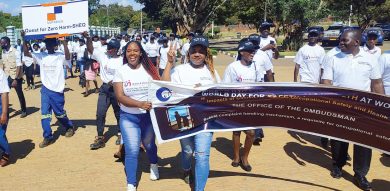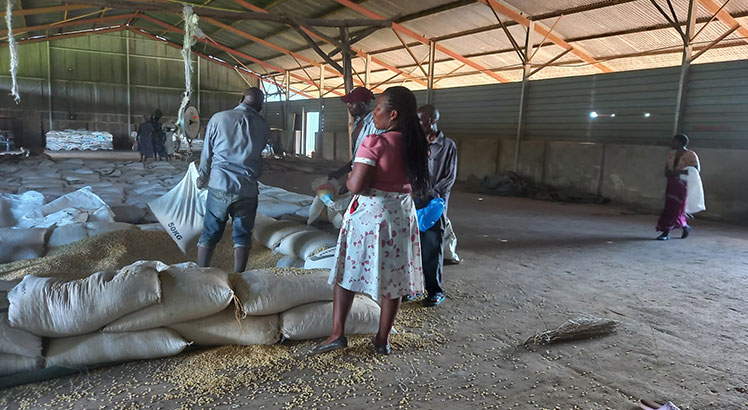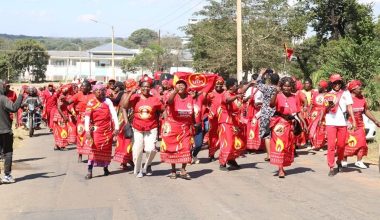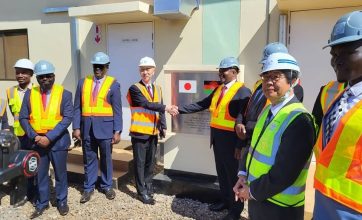Police, MDF staff own more kabaza—Report
Findings of a study show that 70 percent of the owners of motorcycles taxis, locally known as kabaza, in the country’s four cities are working class, mostly from Malawi Police Service and Malawi Defence Force.
The study, commissioned by United Kingdom-funded non-governmental organisation, Traction, established that only 30 percent of kabaza motorcycles are owned by operators themselves.
Reads the study report: “About 30 percent of kabaza motorcycles are owned by operators themselves. The 30 percent are usually kabaza operators who graduate from just owning a kabaza bicycle.
“It was found that most of the owners of kabaza motorcycles are men in uniform, i.e. the Police and the Army. The mix also includes politicians [councillors and members of Parliament].”
The study has also identified lack of political will to enforce regulations among operators as one of the drivers of kabaza-related accidents in Malawi.
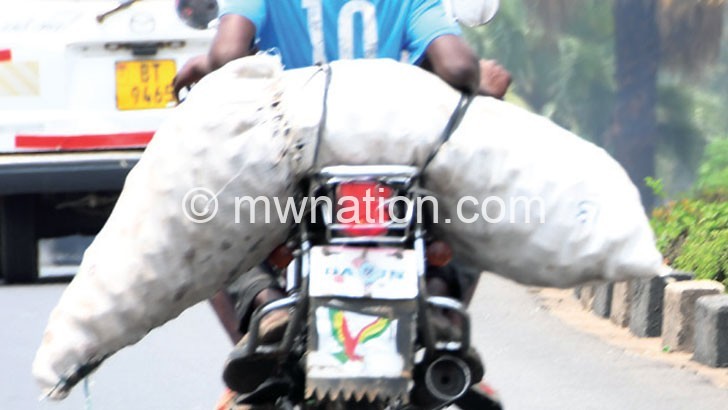
“Trainings do not emphasise on practical road skills. Lack of coordination and cooperation between arms of government weakens efforts to regulate the sector. Lack of political will to enforce regulations and implement action points,” reads the report.
Reacting to the report, Road Safety Alert Foundation executive director Joel Jere said the ownership of kabaza compromises law enforcement and they are working with operators to raise awareness on safety matters.
He said: “We are not just working with operators to see value in adhering to safety standards but also authorities such as the Directorate of Road Traffic and Police to ensure that the law is applied without discrimination; without considering the ownership factor which we know is a big issue when we talk to law enforcers.
“They do not fail to implement the law just out of negligence but the issue of ownership is at play.”
Jere, whose organisation works closely with kabaza operators across the country, also blamed lack of enforcement on political interference where he said for purposes of “gaining political mileage” politicians have allowed free-for-all operations of motorcycles.
He said most kabaza operators can afford to pay for driving lessons and licences, saying from their snap check, on average, kabaza operators in the cities make more than K15 000 a day.
But National Police spokesperson Peter Kalaya dismissed assertions that there is laxity in law enforcement on kabaza due to ownership, saying as far as they are concerned the law is enforced without favouritism.
However, it is common in the country to see motorcycle taxi operators moving around freely without crash helmets and sometimes overloaded in full view of traffic police. In Blantyre central business district, the kabaza operators also ignore one-way traffic flow regulations at will.
The study report comes just 10 days after Chiradzulu West legislator Mathews Ngwale presented a motion in Parliament seeking a resolution to resolve that government should come up with legislation to regulate the kabaza business.
In March this year, a Nation on Sunday analysis showed that between 2019 to 2022, the motorcycle taxis killed 1 700 people and injured 1 860.
In 2020 alone, 860 people were killed in kabaza related accidents, a figure which went down in 2021 (144) and 2022 (109), according to Nation on Sunday analysis.


